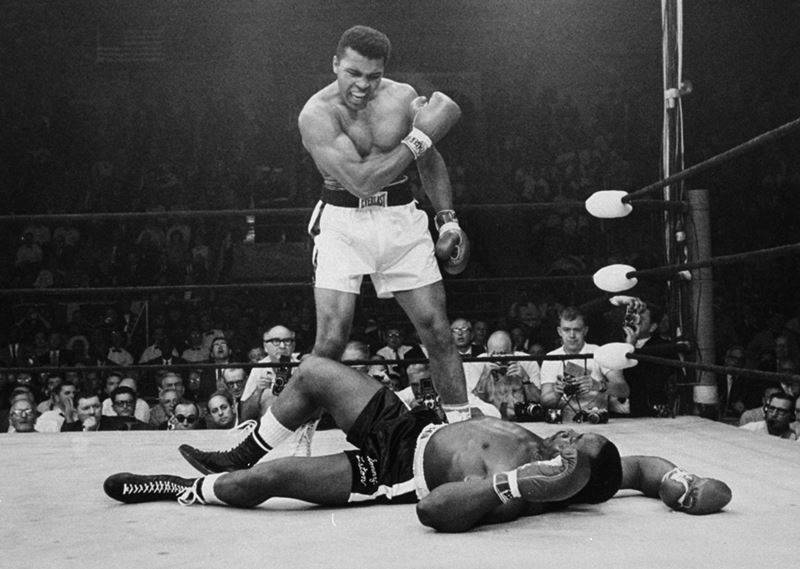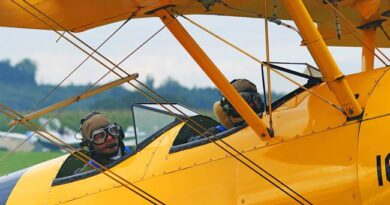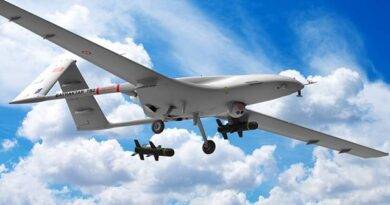Muhammad Ali’s Fear of Flying: A Journey of Courage and Triumph
Muhammad Ali, the legendary boxer known for his unmatched prowess in the ring and his larger-than-life personality, also grappled with a fear that many might find surprising: a deep-seated fear of flying. This phobia, rooted in a turbulent flight experience, shaped aspects of his personal and professional life. Here’s a closer look at how “The Greatest” confronted this challenge and eventually triumphed over it.
The Origin of Ali’s Fear of Flying
Ali’s fear of flying stemmed from a harrowing flight experience during his early years. According to his 1975 autobiography, The Greatest: My Own Story, a flight between Louisville and Chicago experienced such severe turbulence that it shook passengers to their core. Ali vividly recounted how “some of the seats were torn from their bolts on the floor,” a memory that left a lasting impact.
Determined to feel safer in the air, Ali purchased a military-grade parachute from an army surplus store. This unique coping mechanism became a symbol of his resilience and ingenuity. Notably, he even wore the parachute during his journey to the 1960 Rome Olympics, where he won his first gold medal, setting the stage for his illustrious boxing career.

Myth vs. Reality: Did Ali Avoid Flying?
Over the years, stories have circulated suggesting that Ali’s fear of flying influenced significant decisions in his boxing career. One popular claim alleges that Ali refused to fly to the Philippines for a scheduled bout against Joe Frazier in 1971, prompting the fight to be moved to New York’s Madison Square Garden. However, historical records reveal that this is a myth. The “Fight of the Century” between Ali and Frazier was always planned for New York and took place on March 8, 1971, as one of the most iconic sporting events of the 20th century.
While Ali’s fear of flying was genuine, there is no concrete evidence to suggest it dictated the locations of his major fights. Instead, his resourcefulness and ability to adapt allowed him to manage his phobia without compromising his career.
Triumph Over Fear: The 1996 Atlanta Olympics
By the mid-1990s, Ali’s fear of flying had significantly diminished. A testament to his courage was his participation in the 1996 Atlanta Olympic Games. Ali, despite being diagnosed with Parkinson’s disease, famously lit the Olympic torch during the opening ceremony, captivating audiences worldwide.
While details about his travel arrangements for the event are scarce, his presence at the Olympics symbolized a personal victory over his earlier fears. It showcased the indomitable spirit that defined his life both inside and outside the boxing ring.
Lessons from Muhammad Ali’s Journey
Ali’s battle with aviophobia is a reminder that even the most formidable individuals face personal challenges. His ability to confront and eventually manage his fear of flying underscores the power of resilience and determination. Whether in the air or in the ring, Ali demonstrated that courage is not the absence of fear but the willingness to persevere despite it.
Ali’s fear of flying continued for many years, but he eventually overcame it. In 1996, Ali lit the Olympic torch at the opening ceremony of the Atlanta Games. He traveled to Atlanta by plane, and he did not wear his parachute. Ali’s overcoming of his fear of flying was a testament to his strength and determination.
Sandra Bullock and Her Fear of Flying
References
- Why Muhammad Ali Never Got on a Plane Without His Own Parachute: https://www.travelandleisure.com/travel-tips/celebrity-travel/muhammad-ali-airport-fear-of-flying
- Muhammad Ali was deathly afraid of flying. Louisville just named its airport after him: https://www.travelandleisure.com/travel-tips/celebrity-travel/muhammad-ali-airport-fear-of-flying
- How to Get Over Your Fear of Flying, According to Experts: https://www.neverendingfootsteps.com/how-i-overcame-my-fear-of-flying/
- Getting Over the Fear of Flying (Aerophobia): Symptoms & Treatment: https://www.healthline.com/health/fear-of-flying
Tips for Overcoming Fear of Flying
If you have a fear of flying, there are a few things you can do to overcome it:
- Educate yourself about flying. The more you know about how planes work and how safe they are, the less you will have to worry.
- Practice relaxation techniques. This could include deep breathing, meditation, or visualization.
- Start small. If you’re afraid of flying long distances, start by taking short flights.
- Avoid watching or reading news stories about plane crashes. This can only make your fear worse.
- Talk to a therapist. If your fear of flying is severe, you may want to seek professional help.
Remember, you are not alone. Millions of people have a fear of flying, and there are many resources available to help you overcome it.
featured image sources: https://www.nbcnews.com/news/sports/muhammad-ali-greatest-all-time-dead-74-n584776
https://edition.cnn.com/2021/03/08/sport/muhammad-ali-joe-frazier-the-fight-of-the-century-cmd-spt-intl/index.html


